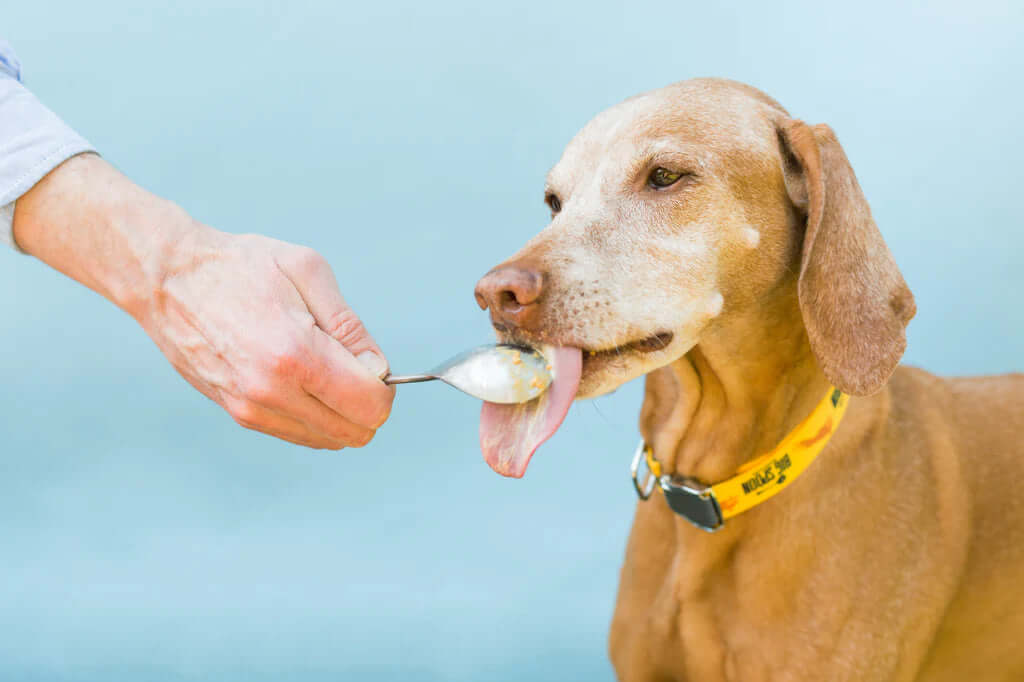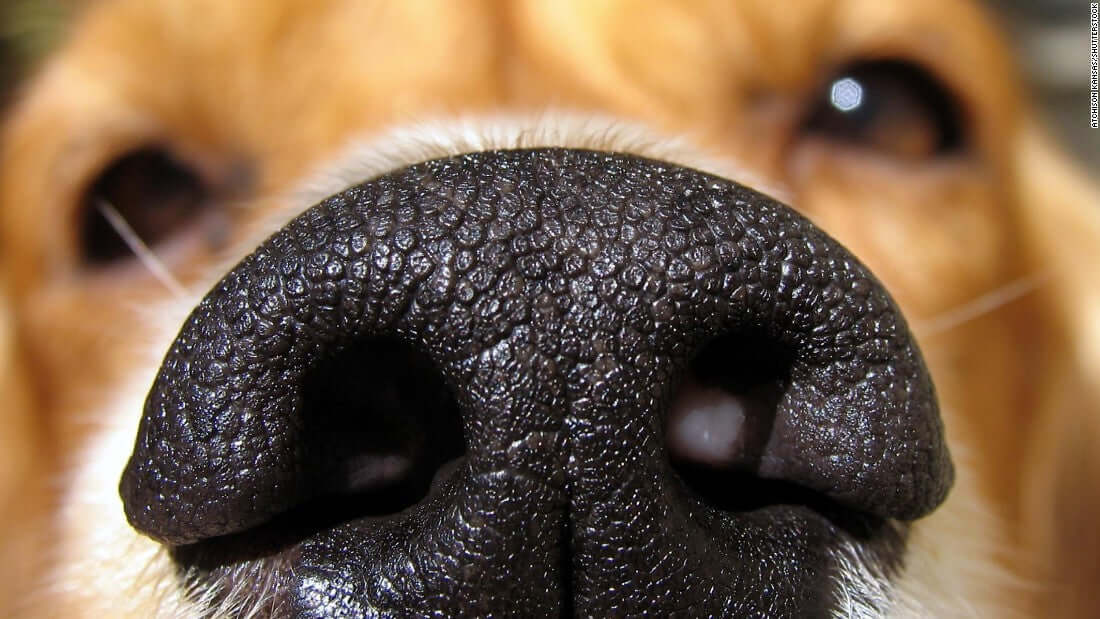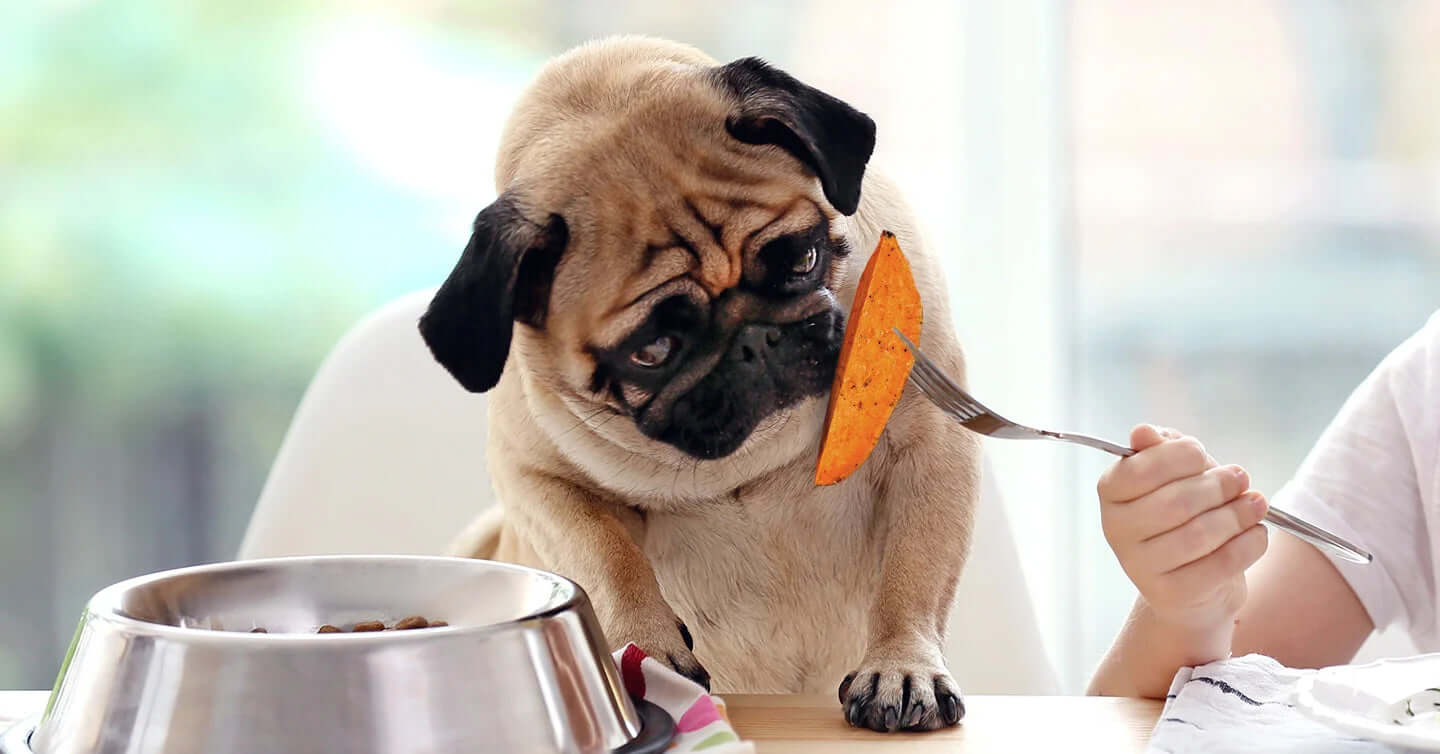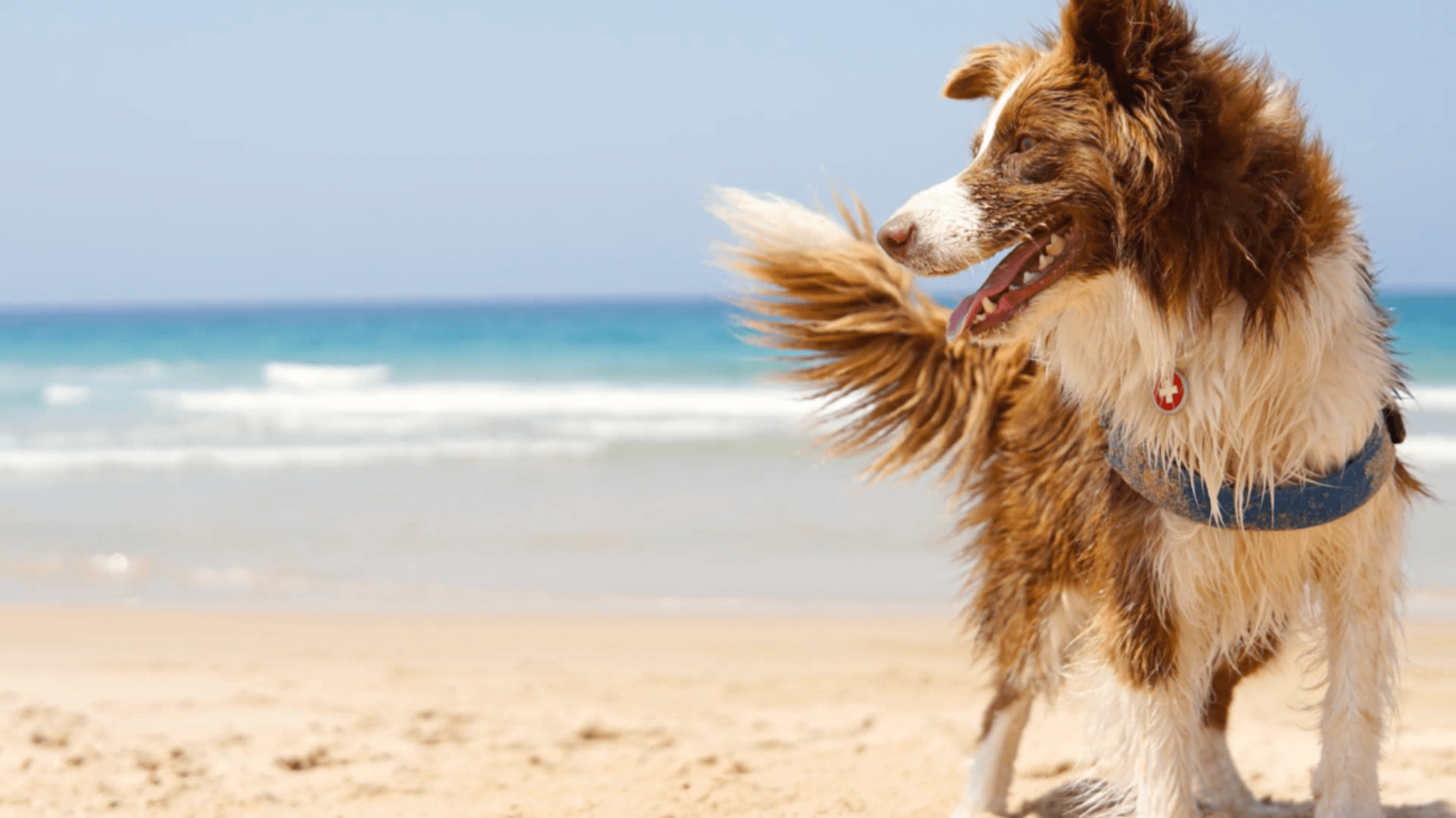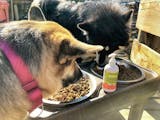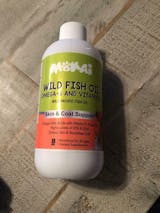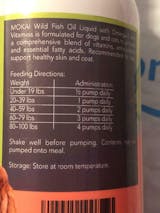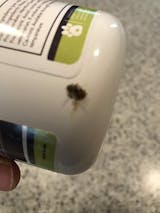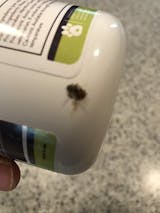Peanut butter is one of the best dog treats for both pups and their parents. Dogs love it for its delicious taste, and we love it because it can be used as a frozen treat for summer, an ingredient for enrichment activities and as a great distraction during bath time.
By now, we all know that peanut butter is safe for dogs, but a question that many pet parents started to ask themselves is whether peanut butter can cause pancreatitis in dogs. In today’s article, we’ll answer this question and go through some key points that need to be followed when feeding peanut butter to a dog.
Yes, peanut butter can cause pancreatitis in dogs.
But wait! Don’t run off to throw away your stash of peanut butter just yet. First, we have to understand why and when peanut butter can cause pancreatitis in dogs.
Peanut butter has many benefits for dogs, such as boosting heart health and promoting strong bones. But if not given in moderation, it can also have some risks.
The main problem with peanut butter is that it is high in fat. Eating too much fat can cause inflammation of the pancreas which leads to pancreatitis.
This means that only a big amount of peanut butter can cause pancreatitis in dogs. If your dog eats a proper dose of peanut butter, it is unlikely that they will develop this disease.
Nevertheless, the vet Richard Walther advises that some dogs should just avoid peanut butter altogether, since they have more risks of developing this disease. If your dog presents any of these next characteristics, you shouldn’t feed them peanut butter:
- If your dog has chronic pancreatitis or is a breed prone to developing this disease, such as Miniature Schnauzers.
- If your dog is overweight.
- If your dog has kidney problems.
- If your dog is allergic to some foods.
Peanut butter can cause pancreatitis in dogs, it is true, but if you feed them a moderate amount and they are not at risk of getting this disease, everything should be fine.
Nevertheless, it is extremely important to remember that pancreatitis in dogs is a serious disease that can cause severe pain and can even be fatal.
How much peanut butter can dogs eat?
Now that we have established that it is only likely that dogs develop pancreatitis if they eat too much peanut butter, you might be wondering how much is how much. What is the proper amount of peanut butter for dogs to eat?
First of all, we need to follow the 90-10 rule. 90% of a dog’s diet should be made of the food they regularly eat, and only 10% of their diet should be made of treats. Obviously, peanut butter falls under the treats category and should only be part of that 10%.
We also have to establish how much each dog can eat depending on their size. As a general rule, small dogs should eat no more than half a teaspoon, medium dogs no more than a teaspoon and big dogs no more than one tablespoon a day.
Nevertheless, it is not recommended that dogs eat peanut butter every single day. It should be fed to them as an occasional treat. And it definitely shouldn’t represent the 10% of treats allowed in their diet.
You can try to switch it up to some healthy treats such as homemade treats or multivitamins that your dog will not only love because they have peanut butter flavor, but would also be caring for their overall health.

Which peanut butter is safe for dogs?
That’s right, not all comercial peanut butters are safe for dogs. There are some peanut butter brands you should avoid feeding to your dog.
In order to find the best peanut butter for your dog, you have to read the ingredients, and don’t buy the ones that have any of the following.
Xylitol
Xylitol is an ingredient commonly found in peanut butters, and although it represents no harm for humans, it is extremely toxic for dogs.
It is a sugar substitute usually found in products labeled as sugar free. That’s why in a peanut butter package you might find it as “natural sweetener” or with its chemical designation, “sugar alcohol”. If you see any of these names on the ingredients of a peanut butter, make sure not to buy it for your dog.
Xylitol can have terrible effects on dogs such as experiencing hypoglycemia, liver failure, seizures, diarrhea and unconsciousness.
When shopping for peanut butter for your dog, xylitol is the most important ingredient to avoid. Make sure to double-check the peanut butter you buy has NO xylitol, that can also be found as “natural sweetener” or “sugar alcohol”.
There are some other ingredients you should avoid when buying peanut butter for your dog: sugar, lectins, aflatoxins, harmful fats and unbalanced fats.
The best peanut butter for dogs is the one that has nothing but peanuts. That’s why it is recommended to just make yours at home, which is incredibly easy to prepare and will guarantee you the peanut butter you feed your dog has nothing but peanuts.

